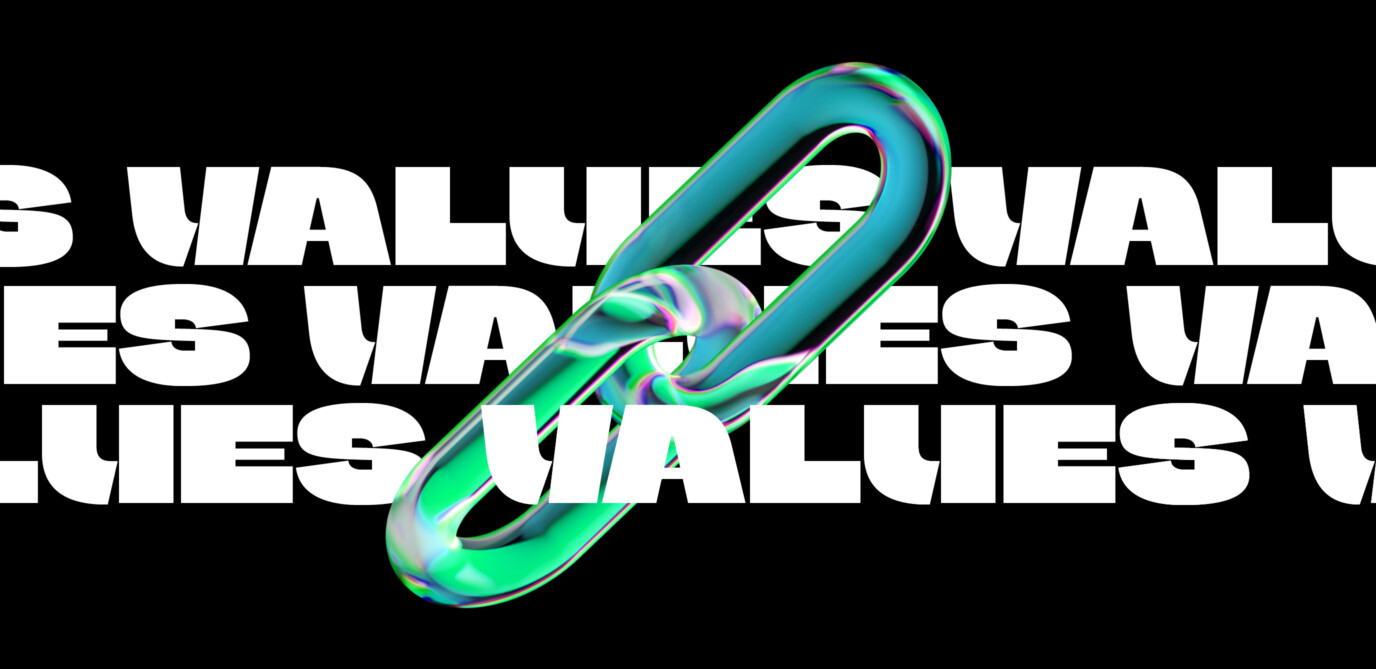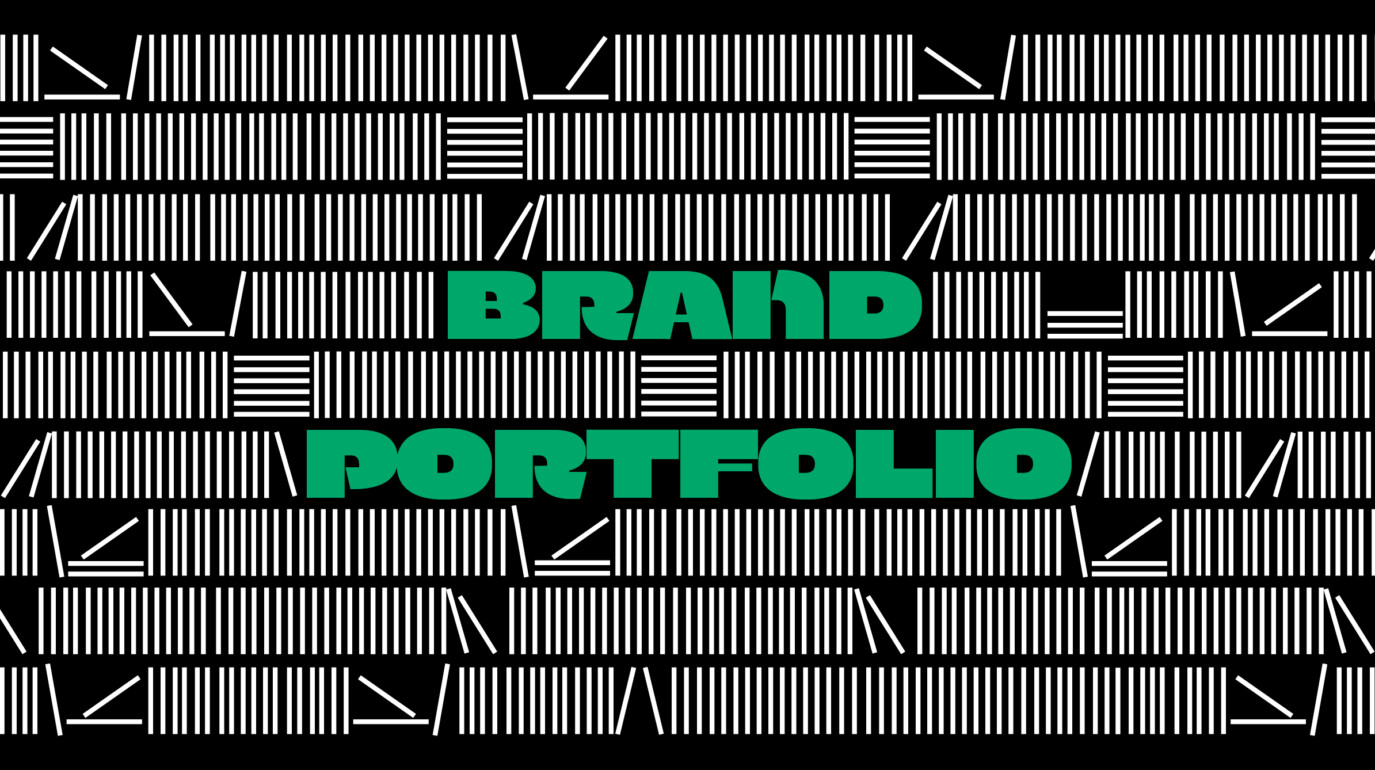
AUTHOR: CHARLIE SKINNER
READ TIME: 3 MINS
London Head of Brand Strategy Charlie Skinner on the dangers of seeing corporate and employer brand as separate entities – and why alignment between the two is so critical.
Here’s a thought.
When we think about how corporate brands acquire equity, it’s nearly aways in reference to product or category brands.
We typically consider:
- Using the corporate brand to endorse in-category brands to signal affiliation
- Ensuring equity earned by in-category brands accrues to the corporate brand – and vice versa
- How much customer affinity is down to the product brand name or the corporate brand.
But there’s an important player in the mix that’s often overlooked: the employer brand.
Not only are they part of the same ecosystem, but they’re inspired by the same ‘North Star’ – usually a combination of purpose, vision, mission, values, culture and personality. While your corporate brand gives meaning to your existence and provides all stakeholders with a reason to believe (put simply: what does the company stand for?), your employer brand gives a specific audience – candidates and employees – a reason to believe (put simply: why should we work for you?).
“It’s not enough to rely on a strong corporate brand to provide meaning to employees and talent.”
The benefits of corporate and employer brand alignment
Like the relationship between clownfish and sea anemone, the interaction between parent and employer brand should be symbiotic.
And while they shouldn’t be seen as separate entities, it’s also not enough to rely on a strong corporate brand to provide meaning to employees and talent.
A strong corporate brand can help attract and retain talent, improve engagement and help employees feel proud of the company they work for.
But building a strong employer brand that’s aligned to the corporate brand goes much further: it helps protect a company’s reputation and can offer employees a sense of a compelling collective identity. This then turns employees into brand advocates and drives workplace engagement, making business strategy and corporate brand actionable and understandable. It can even mean improved staff retention rates and reduced hiring costs.
But there’s a hitch.
According to a 2019 Harvard Business Review article, the problem with most employer branding is that it’s “disconnected from the corporate brand and the core drivers of the business”. The article’s authors see employer brand as the remit and world of the HR department, cordoned off and too often associated with ‘superficial perks’ and free lunches.
Identifying the missing link
Too often, the disconnect comes in relation to values and the fact that they’re looked at when crafting the employer value proposition (EVP), rather than when setting the corporate brand strategy. The result? An employer brand that feels inauthentic – that makes values-led claims that the brand itself can’t necessarily deliver on.
Values should form the foundation of the corporate brand – they’re the ideals that the company stands for and they can support the purpose by extending its reach into the culture, making it meaningful in the everyday. In helping shape the culture necessary for the company to achieve its business goals, your values are a vital element linking employer and corporate brands.
Values really come to life and shape a culture when they’re applied in practice – specifically to HR policy. So, if one of a company’s values is ‘Collaboration’, this could be translated into HR policy by making a budget available for secondments between offices. Or if they’re espousing ‘Inclusivity’, an annual prize could publicly reward those who demonstrate this in their work.
“Make sure your employer brand delivers on everything your corporate brand promises.”
Your values can also feature in the recruitment process, as they do with Lego, where a candidate’s affinity to values like ‘Fun’ and ‘Imagination’ is assessed when they’re asked to build something out of Lego during interview.
It’s worth bearing in mind the old adage that ‘culture eats strategy for breakfast’; in other words, the best strategy in the world has a poor chance of success if employees don’t buy into it.
The power of alignment
So, when you embark on a corporate rebrand, take the opportunity to consider the power of alignment – and what it will do for the business, your team and of course future talent. And if in doubt, consider the wise words of Simon Sinek: “Customers will never love a company until the employees love it first.”
In other words, make sure your employer brand delivers on everything your corporate brand promises. If your values are defined upfront and not at EVP stage, the holy grail of strategic alignment should be well within reach.



